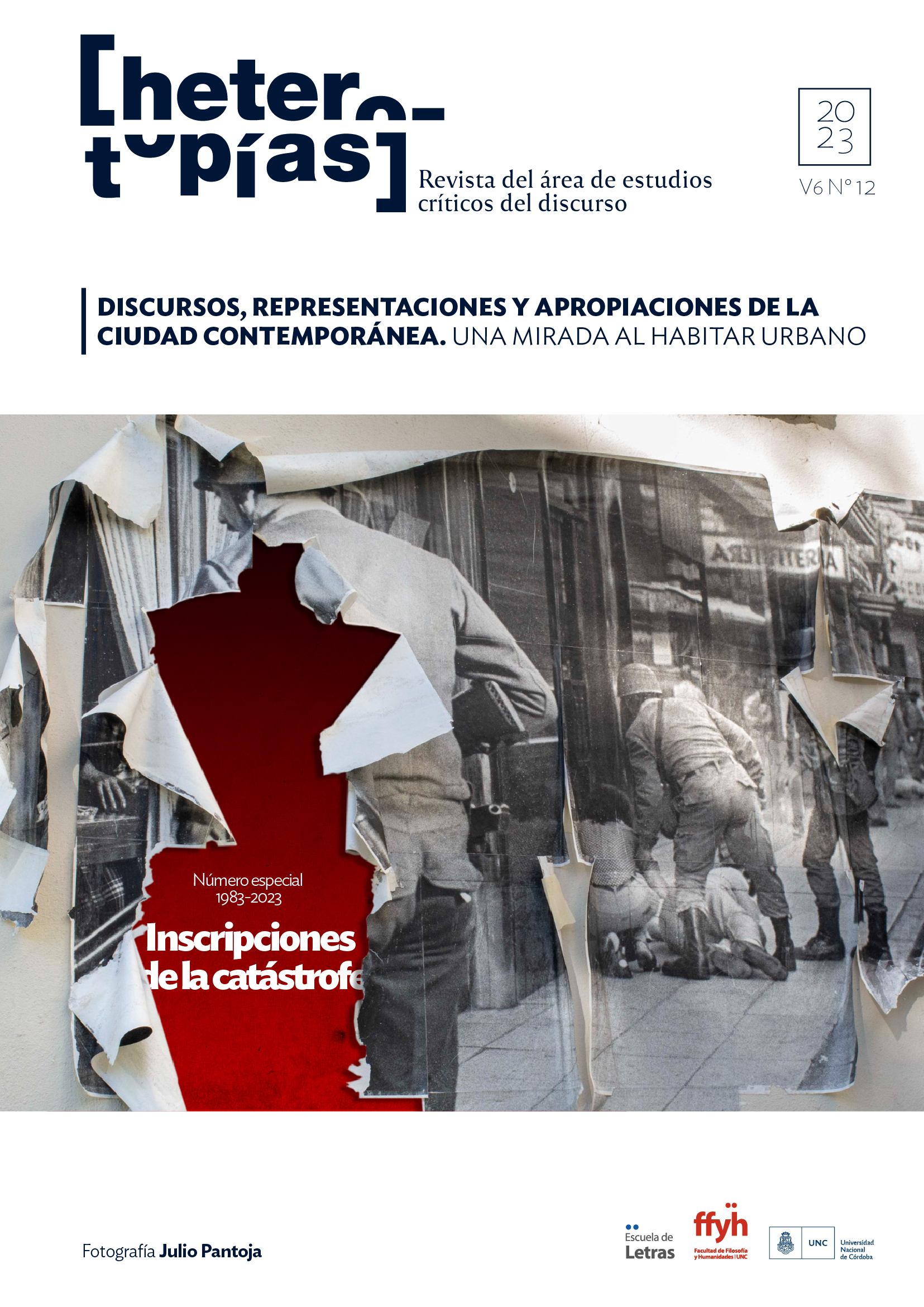Democracy in the face of its unexpected and incalculable erosions
Main Article Content
Abstract
This paper will attempt to characterize the existential conditions in which the dominant social relations are intertwined with the state institutionality in force. To this end, it is convenient to give an account of the framework in which what can be defined as the question of democracy unfolds in the context of great civilizational mutations of uncertain destiny and at the same time with narratives that claim normative certainties. Such civilizational mutations, to designate them as such, have lost their validity because the existential conditions that concern us have crossed the categorical limits that we had available until not so long ago for such considerations. We speak of civilizations, but also of cosmisms; of subjectivities, but also of gender and dissidence; of human rights, but also of their unrealized concretions; of sovereign policies and territories, but also of new imperial attempts and extractivisms -material and immaterial-. These series do not concur to an indeterminate broadening of the postulated analytical scope, but rather to test an inversion of the usual terms with which we discuss these problems. The political-media sphere imposes itself with an irreducible gravitation against which cognitive canons are supposed to take refuge in the monastic citadel. We are destined to count our steps in circumlocutions that are not only hermetic -which in itself is not questionable-, but are being subjected to a destituting harassment that seems to be increasing. The purpose of the reflection we are trying to focus on here is to invert the pyramid: to concur to the public arena with the deposits of critical knowledge, loosened its exegetical moorings to go in search of intellection, rather than limiting ourselves to reproduce the internal logic of knowledge, whose legitimacy and fertility are not under discussion as such, but the extension or even the plausibility of interlocutions located in the living contemporary drama. To this end, we choose to pause the false problem of the supposedly expanded intelligibilities through translations that are always fruitless or inaudible, and limit ourselves to the self-perception that the writings enable with a view to life in common. The concern is not new: we know that it is transversal at least to the last -modern- centuries of the dispute between public life and thought, even with its most ancient genealogies. Nevertheless, the current scene requires an insubordinate recovery of categories challenged by cataclysmic events. The attempt as realization, or realization as attempt, is the purpose.
Downloads
Article Details

This work is licensed under a Creative Commons Attribution-NonCommercial-ShareAlike 4.0 International License.
Those authors who have publications with this journal, accept the following terms: Those authors who have publications with this journal, accept the following terms:
a. The authors will keep their copyright and guarantee to the journal the right of first publication of their work, which will be simultaneously subject to the Creative Commons Attribution - Non-Commercial - Share Alike (by-nc-sa) Attribution License; no commercial use of the original work or any derivative works is allowed, the distribution of which must be done with a license equal to the one that regulates the original work.
b. Authors may adopt other non-exclusive license agreements for the distribution of the published version of the work (e.g., deposit it in an institutional telematic archive or publish it in a monographic volume) provided that the initial publication in this journal is indicated.
c. Authors are allowed and recommended to disseminate their work through the Internet (e.g. in institutional telematic archives or on their website) before and during the submission process, which may lead to interesting exchanges and increase the number of citations of the published work. (See The effect of open access).
